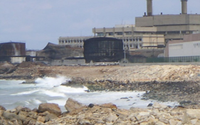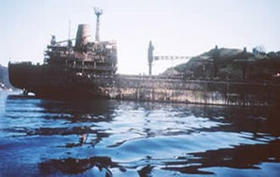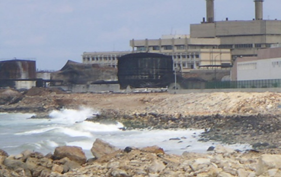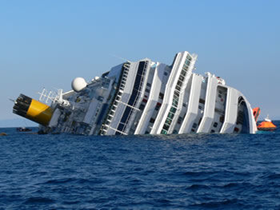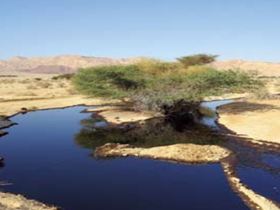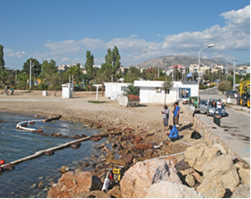MAU - 25 years of immediate assistance to respond to oil and chemical spills in the Mediterranean Sea – Oct 15, 2018
On 15 October 2018, the Mediterranean Assistance Unit (MAU) celebrates its 25th anniversary. For a quarter century, MAU provided immediate expert assistance at no cost for the Mediterranean coastal States to respond to oil and chemical spills at sea.
The Mediterranean Assistance Unit (MAU)
The MAU was established by decision of the Contracting Parties to the Barcelona Convention1, within the framework of the Emergency Protocol2. The primary objective of the MAU is to rapidly provide onsite and remote services of selected experts to a Contracting Party which, in case of emergency, request such assistance. The MAU experts can provide advice and technical expertise to the authorities to decide on the combating measures to take and on the assistance that could be necessary to request.
Main interventions of MAU following oil spills incidents
The MAU has been activated in many occasions to support oil spills incidents, including the 1994 Nassia incident which released of 95,000 tonnes of crude oil in the Bosporus strait; the 2006 Jiyeh Power Plant - 15,000 tonnes heavy fuel oil spill impacting the Lebanese and Syrian coastline, the grounding of the Costa Concordia, in Italy, in 2012, the 2014 Evrona oil spill which resulted in 5-million liters of crude oil gushing from the pipeline, in Israel and more recently the sinking of the Agia Zoni II, in Greece in 2017.
The MAU can be mobilized by the Head of Office of REMPEC3, upon request of a Mediterranean coastal State. REMPEC administered by the International Maritime Organization (IMO) is one of the 6 Regional Activity Centers of the Mediterranean Action Plan (MAP) of the United Nations Environment Programme (UNEP).
How does it work?
The MAU is composed of selected highly qualified experts and centres of expertise providing expert advisory service including crisis management and organization of intervention; analysis, assessment and forecasting of oil and chemical slick behaviour, fate and movement; combating methods and techniques at sea and onshore; treatment and disposal of wastes, financial documentation and claims for compensation; etc.
To facilitate the mobilization of MAU experts and reduce burdens from Mediterranean coastal States, a MAU special fund managed by REMPEC has been established in the framework of the Barcelona Convention4 to secure the funds required to mobilise an expert to cover up to a one month mission.
To expediate MAU mobilisation procedures within hours from the country request, standard forms have been set-up to activate the MAU, and agreements have been signed with the following institutions:
- Centre of Documentation, Research and Experimentation on Accidental Water Pollution (CEDRE),
- Italian Federation of the chemical industry (FEDERCHIMICA),
- Italian Institute for Environmental Protection and Research (ISPRA),
- SEA ALARM FOUNDATION; and
- Mediterranean Operational Network for the Global Ocean Observing System (MONGOOS).
Way forward
The MAU looks forward to the future with confidence and optimism in order to meet the expectations of the Contracting Parties by developing its areas of expertise. REMPEC is working on the expansion of its membership to relevant specialised institutions, the upgrade of communication and reporting procedures through an online Mediterranean Emergency Reporting System (MedERSys) under development and explores with partners innovative ways to continue supporting efficiently Mediterranean coastal States.
- Eighth Ordinary Meeting of the Contracting Parties to the Convention for the Protection of the Mediterranean Sea against Pollution and its related Protocols (Antalya, Türkiye, 1993)
- Protocol on Co-operation in Combating Pollution of the Mediterranean Sea by Oil and Harmful Substances
- Regional Marine Pollution Emergency Response Centre for the Mediterranean Sea
- Fifteenth Ordinary Meeting of the Contracting Parties to the Convention for the Protection of the Marine Environment and the Coastal Region of the Mediterranean and its Protocols (Almeria, Spain, 2008)


